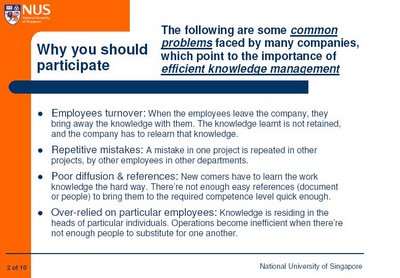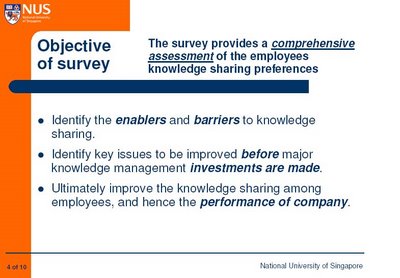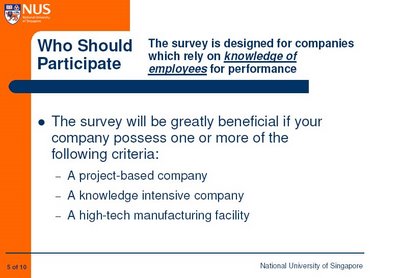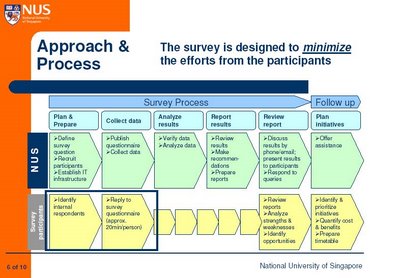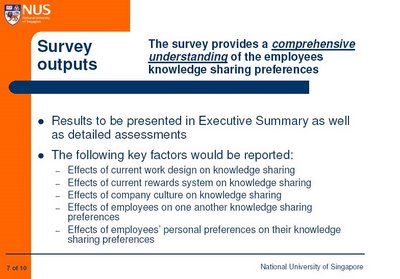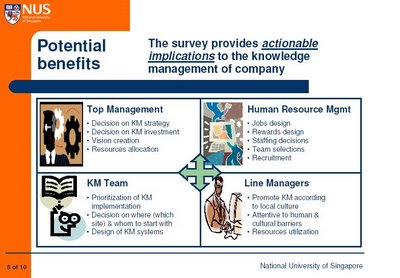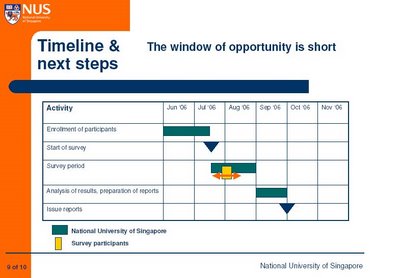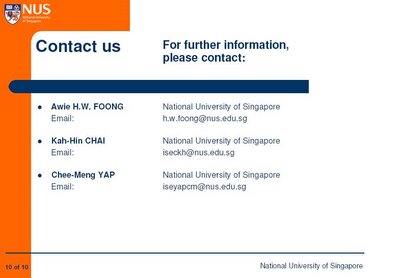The underlying motives behind human actions or behaviors are multifaceted, i.e. there are many fundamental motives that drive our behavior. In fact, there are 16 of them according to Steven Reiss of the Ohio State Univ. People differ in WHAT they desire, and HOW MUCH they desire for these 16 fundamental motives.Like any other motivated behaviors, knowledge sharing can be seen as a way to fulfill some of our fundamental motives. The higher its potential is in satiating our fudamental motives, the more motivated we will be to share knowledge.
The route from knowledge sharing to satiation of fundamental motives is not always direct, however. For instance, knowledge sharing may lead to improved work performance, which in turn leads to improved rewards (various forms). These rewards would in turn satiate some of of fundamental motives (e.g. status motive). Another example is that knowledge sharing might lead to improved interpersonal relationships with significant others. This will in turn lead to the fulfillment of some other fundamental motives (e.g. acceptance motive). When knowledge sharing leads to one or a few intermediary outcomes and finally to the satiation of fundamental motives (e.g. KS=>Performance=>Rewards=>Fulfillment of Status Motive), I call it "extrinsically motivated" knowledge sharing behavior. When knowledge sharing is in itself a way to satiate fundamental motives (e.g. KS=> fulfillment of Citizenship Motive), it is an "intrinsically motivated" knowledge sharing behavior.
Since human fundamental motives are multifaceted (see Steven Reiss's book "Who Am I"), there are many ways that knowledge sharing can be motivated. But first, a good understanding of the employees' fundamental motives profile is warranted. A unitary assumption about the "general" nature of human motivation (e.g. human beings are, by nature, protective of their knowledge; or that they are all motivated by challenging jobs et al.) will normally result in mixed outcomes: sometimes it works, sometimes it doesn't.
I'm currently working on a research project in this area. If you are interested to know more, you may contact me at h.w.foong@nus.edu.sg.
Labels: fundamental motives, individual differences, intrinsic motives, knowledge contribution motivation, knowledge sharing

